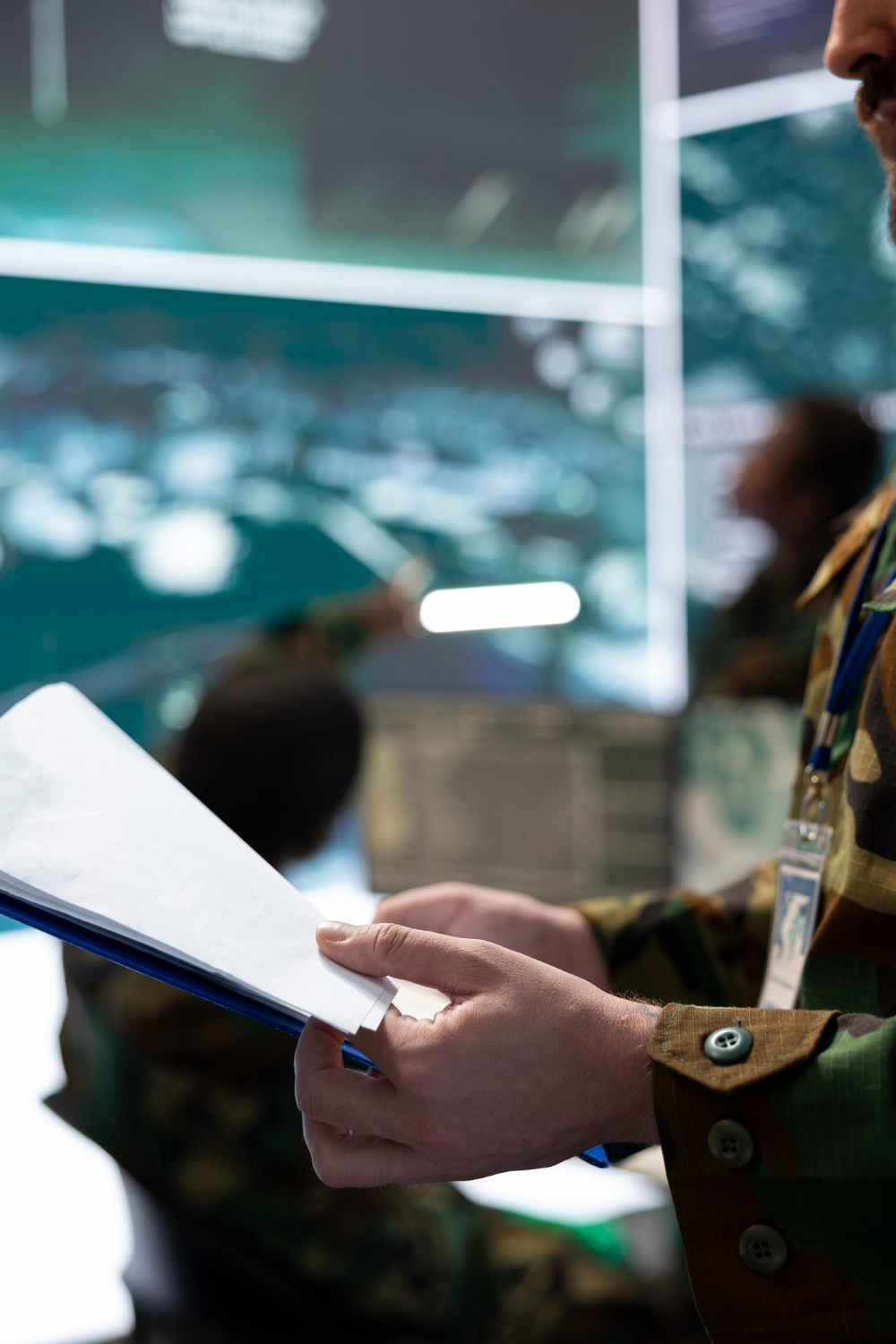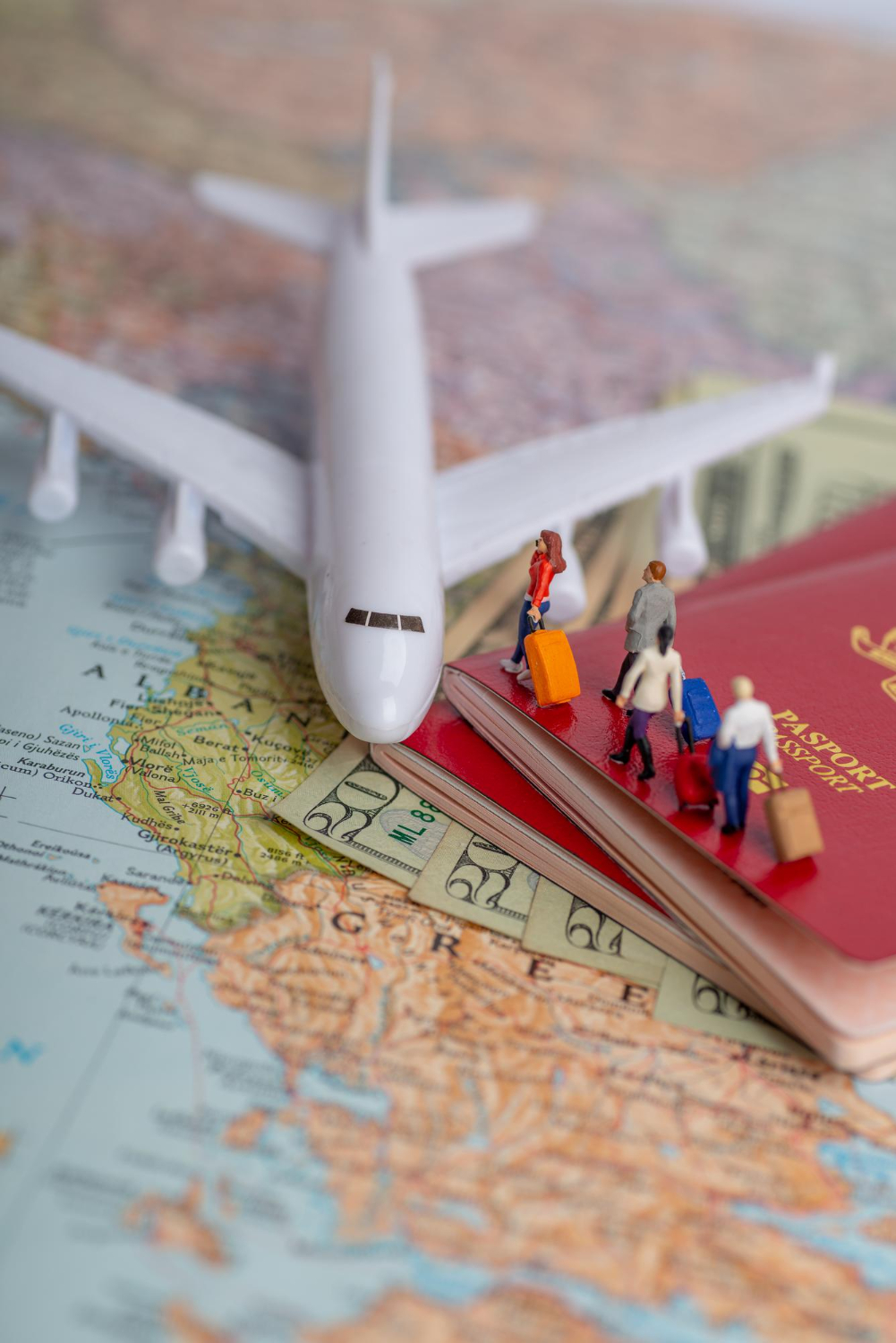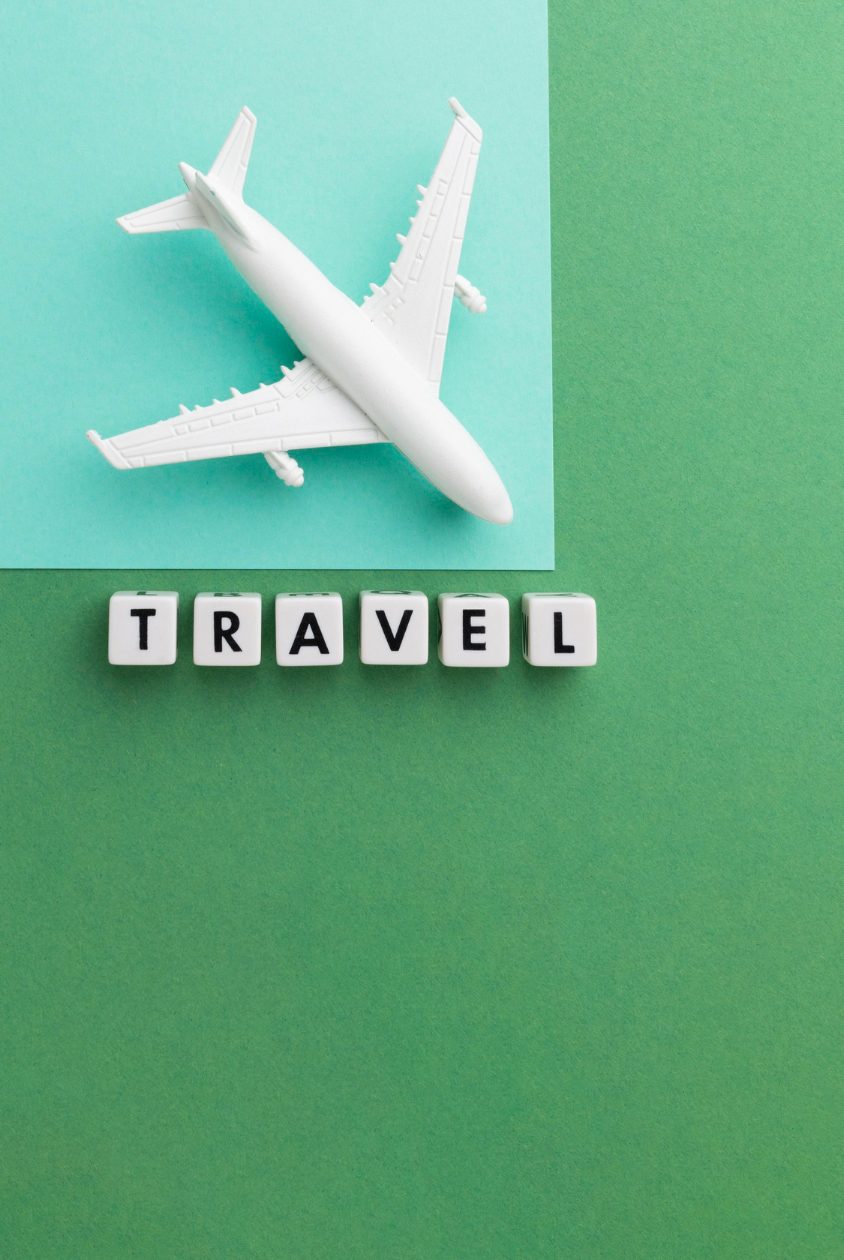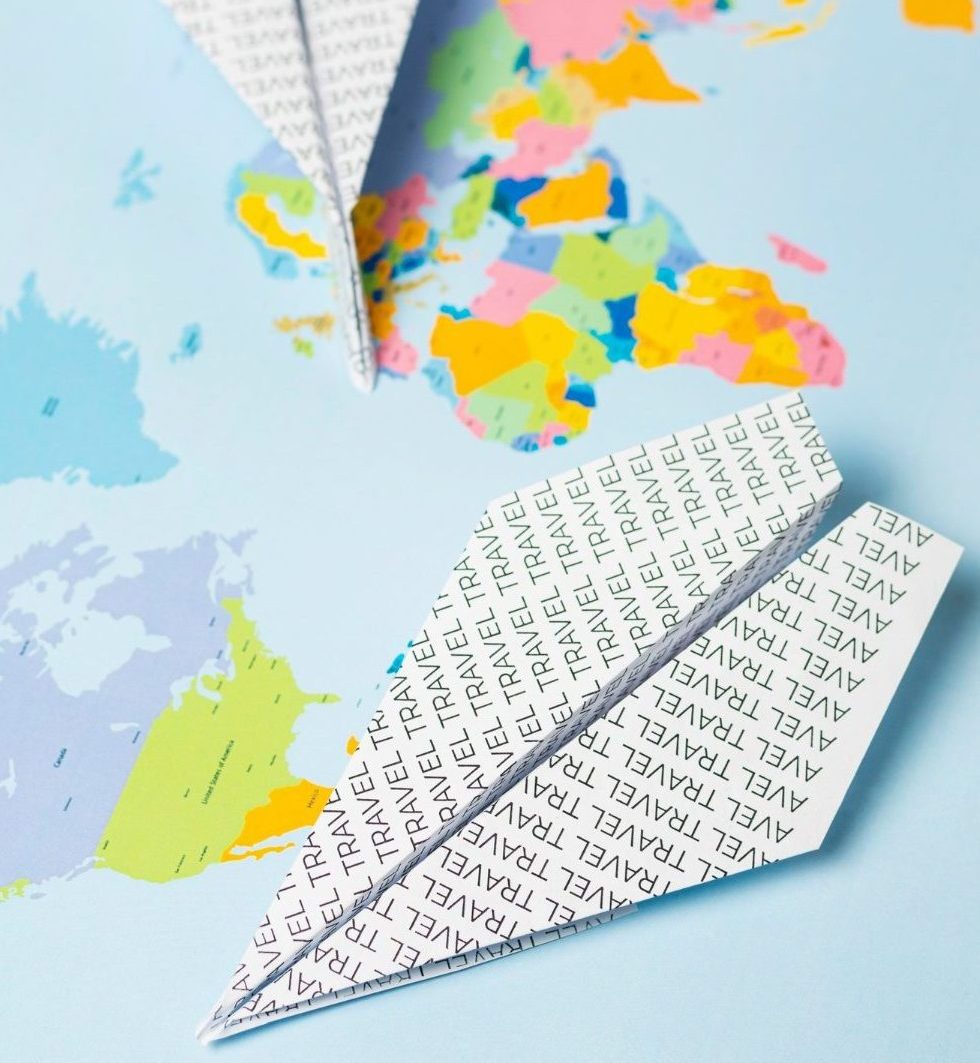Child’s Residence Determination
We offer legal services for determining a child’s place of residence, assisting parents in reaching an agreement on the child’s primary residence or resolving disputes through the court. Our experienced team ensures that the child’s best interests are prioritized while handling matters of custody and parental rights. We guide you through the legal process to ensure the proper arrangement is made for the child’s living situation.
Determining Alternative Travel Procedures for the Child
Our legal experts can help establish alternative procedures for a child’s international travel, particularly when there are disagreements between parents or legal guardians. We assist in obtaining the necessary notarized consent, navigating court decisions, and ensuring compliance with Belarusian laws. Whether it’s one parent’s consent or a court’s involvement, we handle the legal complexities to make sure the child’s departure is legally sound and protected.
Termination of Parental Rights
We offer legal services to initiate the termination of parental rights when one parent fails to meet their obligations, engages in abuse, or is unable to care for the child. Our team works to ensure that the child’s safety and well-being are prioritized, guiding you through the legal process. We help file the necessary petitions in court and advocate for the child’s future in cases involving the termination of parental rights.
Child Custody Agreement
We assist in drafting legally binding child custody agreements between parents, focusing on the child’s well-being. Whether in cases of separation or divorce, we ensure that both parties agree on critical issues like visitation, schooling, and healthcare. Our goal is to create fair agreements that respect both parents’ rights while ensuring the child’s needs are met. Legal consultations are provided to help avoid future conflicts and ensure long-term stability for the child.
Restoration of Parental Rights
We provide legal assistance in restoring parental rights for individuals previously deprived of them by the court. If you’ve been unjustly stripped of parental rights or circumstances have changed, we help you navigate the legal process of regaining those rights. We offer detailed advice on the requirements and evidence needed to present to the court, ensuring that your parental rights are reinstated when possible for the benefit of both you and your child.
Guardianship and Custody
Our legal experts assist in establishing guardianship or custody arrangements, ensuring the proper care and protection of a minor child. Whether you’re seeking to become a legal guardian or dealing with an existing case, we provide the guidance needed to navigate the complex legal procedures. We ensure compliance with Belarusian laws and represent your interests in court to secure the best outcome for the child’s care and future.
Adoption in Belarus
We provide comprehensive legal assistance in the adoption process in Belarus, helping both national and international adoptive parents navigate the legal requirements. Our services include advising on eligibility, preparing necessary documents, and guiding you through the court procedures. Whether you are adopting a child within Belarus or from abroad, our team ensures a smooth and legally sound adoption process, prioritizing the best interests of the child at every step.
Limiting Parental Rights
We offer legal support for limiting one parent’s rights when they fail to fulfill their responsibilities or engage in harmful behaviors. Whether due to neglect, abuse, or other serious factors, we work to ensure the child’s safety by taking appropriate legal steps. Our team helps file the necessary court petitions, representing your interests to ensure that the child’s welfare remains protected while restricting the involved parent’s legal authority.
Disputing Parental Records
If you need to dispute or correct a parent’s name on official documents, such as the birth certificate, we provide legal assistance to help resolve these matters. Whether it’s an error or a legal challenge, our team will guide you through the process of rectifying parental records in compliance with the law. We work to ensure that your rights, and those of your child, are respected while ensuring the accuracy of all legal records.
Child Support Collection
We offer legal services for pursuing child support payments through the court, ensuring that the non-custodial parent fulfills their financial obligations. Our team works to collect unpaid child support and enforces payment agreements. We assist in filing petitions, representing your interests in court, and ensuring compliance with the legal requirements for child support, helping to provide the necessary financial support for your child’s upbringing and well-being.
Collecting Child Support from Foreign Nationals
Our legal experts assist in collecting child support from foreign nationals using international agreements and legal channels. We ensure that your child receives the financial support they deserve, even when the other parent resides abroad. Our team handles all aspects of international child support collection, including filing claims, working with foreign authorities, and ensuring compliance with international child support regulations to secure the best possible outcome for your child.
Modification of Child Support Amount
We provide legal services to modify the amount of child support based on changes in circumstances, such as income adjustments or the child’s needs. Whether you are seeking an increase or decrease in support, we help you navigate the legal process. Our team works to ensure that the modification is fair and aligned with the child’s best interests, filing the necessary court documents and advocating for a decision that reflects the current situation.


















